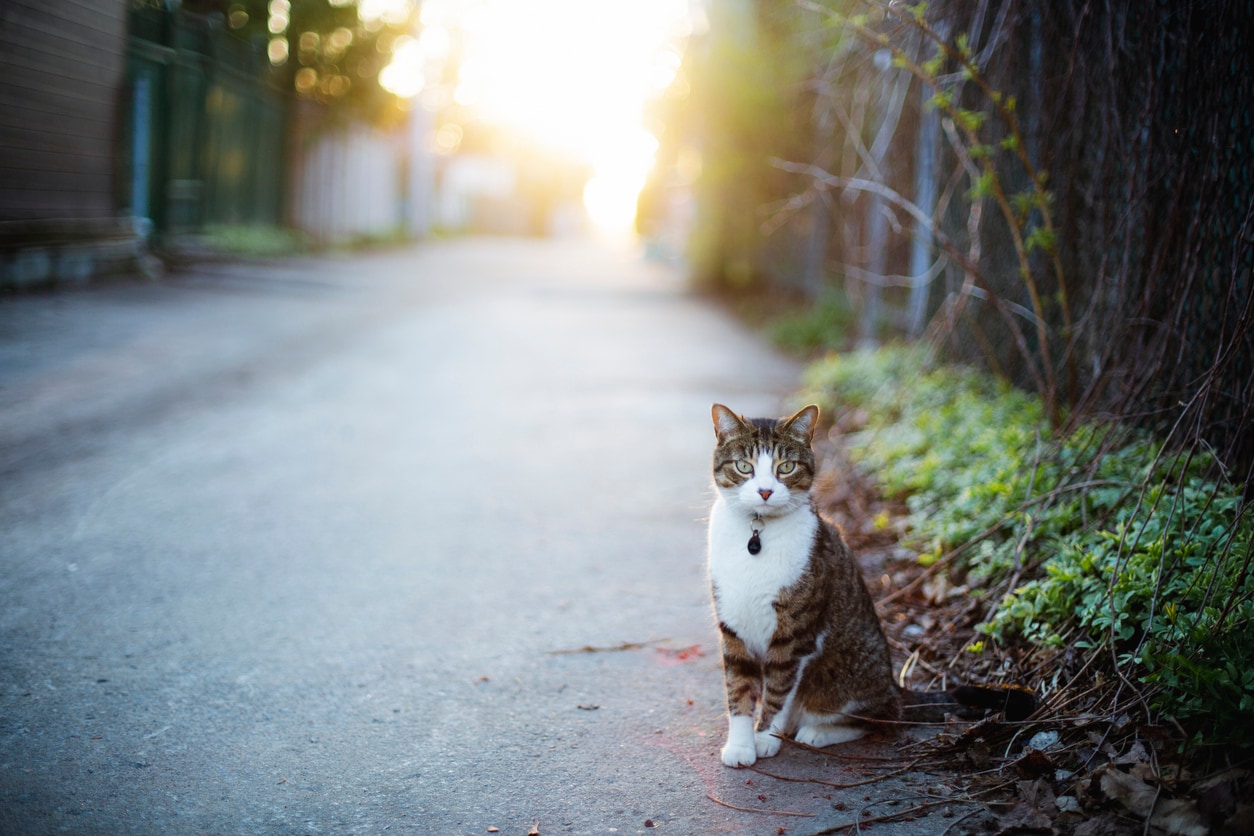coccidia in cats uk
Kittens are most susceptible to coccidia infections due to lower immune system functioning. Additionally if your kitty is plagued with diarrhea as a side-effect of the coccidiosis infection your veterinarian may recommend.
However many cats that are infected with coccidia do not have diarrhea or any other clinical signs.
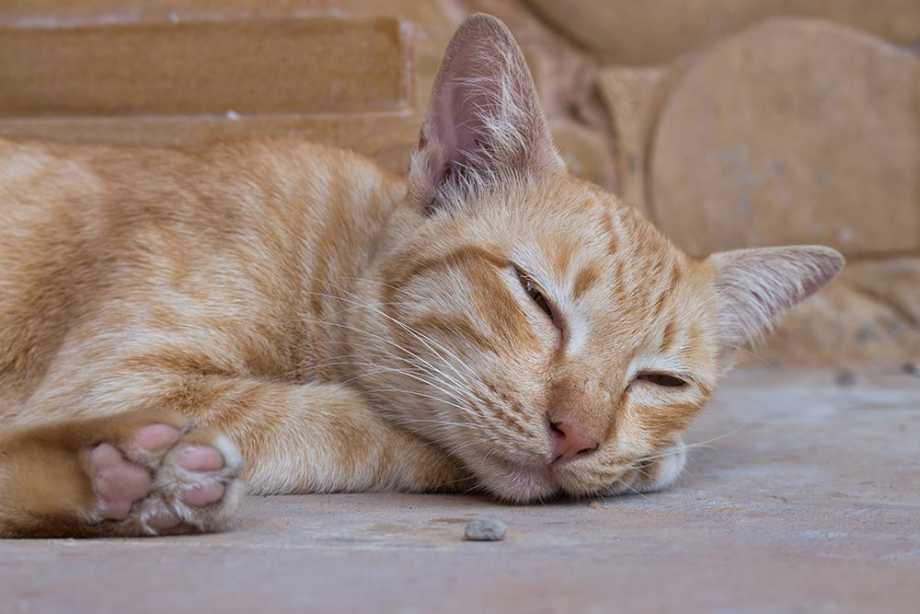
. Coccidia Infects Intestines of Cats and Dogs. Staying vigilant about hygiene by frequently removing feces and. When coccidiosis in cats is severe it can be fatal especially in cats which are already immunodepressed.
It is interesting to note that coccidia can live in your dogs intestinal tract without causing any illness at all. This is called a subclinical infection. The coccidia parasites are often identified microscopically in your cats feces.
While some cats can eliminate the parasite themselves others may need antibiotics to cure the infection and kittens in particular are at a higher risk of complications. Coccidia causes a bloody diarrhea that can be severe enough to be life threatening for a small animal. The condition causes diarrhea stomach ache and general feelings of discomfort.
Coccidiosis is also transmitted to dogs and cats by ingestion of transport hosts predation containing extraintestinal stages. In kittens it is seen primarily during weaning stress. Coccidia are a group of single-celled parasites called protozoa.
Coccidia are small protozoans one-celled organisms that multiply in the intestinal tracts of cats and dogs most commonly in kittens and puppies less than six months of age in adult animals whose immune system is suppressed or in animals who are stressed in other ways eg. Usually coccidiosis is associated with other infectious agents immunosuppression or stress. If an otherwise healthy cat presents with coccidia it may also be worthwhile performing routine blood and urine.
Coccidia in kittens and cats inhabit the intestinal tract. Infection causes a loss of absorptive capacity of the gut with consequent diarrhoea and possibly dysentery. If there are going to be signs of the illness the symptoms will begin to show up about 13 days after the cat ingests the parasites.
Coccidiosisis an intestinal tract infection caused by a one-celled organism or protozoacalled coccidia. Symptoms of coccidiosis typically include diarrhea and an upset tummy. Coccidiosis in young calves is caused by infection by protozoan parasites called Eimeria spp.
Because these little pests are not visible to the naked eye your veterinarian may recommend treatment for coccidiosis even if the parasite is not found in your cats stool. These sporulate over a period dependent on climatic conditions taking longer in cold weather. Depending on the severity of the cats illness antimicrobial treatment is often combined with medications to help alleviate symptoms such.
While the disease may begin in the intestine it is possible it will become systemic and affect the overall well-being of the cat. Feline coccidia are infectious organisms that cause intestinal tract infections in cats commonly known as coccidiosis. Coccidia belong to a group of single-celled parasites called protozoan.
Because coccidia live in the intestinal tract and can cause diarrhea they are often confused with intestinal worms but. The cat may develop lameness andor weakness as well as back and neck pain. Canine coccidia will not infect felines leading to passage of oocysts in feces.
In severe cases if the organism spreads throughout the body becoming systemic the cat may develop seizures or blindness. Change in ownership other disease present. It is thought that 5 of all cats acquire coccidiosis at some point in their lives.
Which parasitize the lining of the alimentary tract causing diarrhoea. Isospora felisand Isospora rivoltaare the most common species of coccidia found in cats. Each of these species prefers to live in and damage a specific region of the gut.
In cats and dogs most coccidia are of the genus called Isospora. Colitis Causes Gooey Diarrhea in Dogs and Cats. Coccidia is a protozoan that infects the intestinal tract of cats and other species and causes coccidiosis.
Collie Eye Anomaly in Dogs. The sporulated oocysts release sporocysts containing sporozoites on ingestion and infect another host of the same host species. Sulfadimethoxine Albon is the most commonly used product though there are other medications that may be recommended.
Like other intestinal parasites coccidia commonly affects the stool of an infected cat. There are actually four types of coccidia but the type that tends to make dogs sick is the isospora species. 23 August 2021.
Alabamensis are the most common and pathogenic. The infection is acquired from the. Coccidia are tiny single-celled parasites that live in the wall of your cats or dogs intestine.
The condition can also affect cats but it is not transmittable to humans. Coccidia in cats uk. Coccidia are not parasitic intestinal worms.
A negative result is not a definite indication that your cat doesnt have the disease and it may be necessary to repeat fecal examinations. There are several species of these tiny parasites that are found in cats and other mammals and some species are contagious to humans. For the purposes of treatment and prevention of coccidiosis it is unimportant.
Coccidiosis is a parasitic infection that occurs in cats. The most common clinical signs in severe cases are diarrhea sometimes bloody weight loss and dehydration. Cats become infected by swallowing soil that contains coccidia or other substances in the environment that may contain cat feces It is also possible that rodents could eat the coccidia and contract a.
Routine fecal examinations can detect the coccidiosis in cats. Cognitive Dysfunction Syndrome in Dogs. Symptoms of Coccidia in Cats.
Coccidia infections also known as coccidiosis can cause gastrointestinal problems such as diarrhea. Coccidiosis in Cats What is coccidiosis. Coccidia species recognised in sheep in the UK major pathogenic species in bold.
Feline coccidia are acquired by ingestion of sporulated oocysts from contaminated environments. They are found more often in kittens but they can also infect older cats. Coccidia are parasites that commonly infect young animals housed in groups.
Coccidia are parasitic single-cell organisms that live within the intestine and can lead to an infection of the intestinal tract of the dog known as coccidiosis. There are six species of Eimeria coccidiosis which are generally considered to be significant for chickens. Since coccidia is the name of the parasite itself the infection caused by this parasite is known as coccidiosis.
Kittens who are infected with coccidiosis are contagious and can infect the rest of the litter. Feline coccidia are acquired by ingestion of sporulated oocysts from contaminated environments. Isospora felis and Isospora rivolta are the most common species of coccidia in cats.
The most common parasite to cause coccidiosis in cats is Isospora felis. The early signs of coccidioidomycosis include fever lethargy lack of appetite coughing and joint pain. Coccidia is usually eliminated in cats with an oral antimicrobial medication.
Clinical coccidiosis although not common has been reported in kittens and puppies. Veterinary attention is needed to ease symptoms and rid the cat of the parasitic infestation. Coccidiosis is an intestinal tract infection caused by a one-celled organism a protozoa called coccidia.
The good news is that healthy adult cats rarely get sick with coccidia and most cats can beat coccidia infections on their own without treatment. In cats most coccidia are of the genus group called Isospora.
Coccidiosis In Dogs And Cats And Other Animals
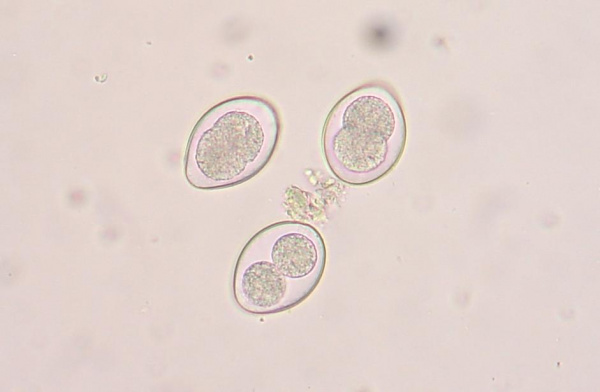
Coccidiosis In Cats Vca Animal Hospitals

Companion Animal Parasite Council Coccidia

Internal And External Parasites In Cats Front Street Animal Hospital

Internal And External Parasites In Cats Front Street Animal Hospital

Coccidial Oocysts From Cat Feces A Unsporulated Oocysts Of Download Scientific Diagram

Companion Animal Parasite Council Coccidia
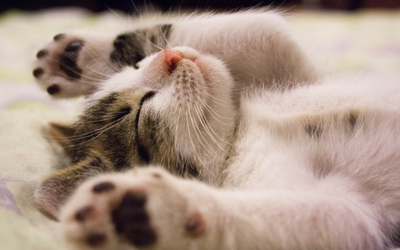
Coccidiosis In Cats Vca Animal Hospitals
Coccidiosis In Cats Felis Catus J P Dubey Taylor Francis Gro

Companion Animal Parasite Council Coccidia
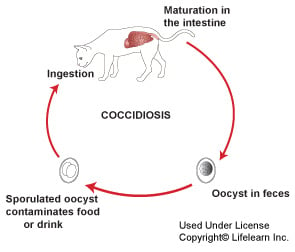
Coccidiosis In Cats Vca Animal Hospitals

Internal And External Parasites In Cats Front Street Animal Hospital
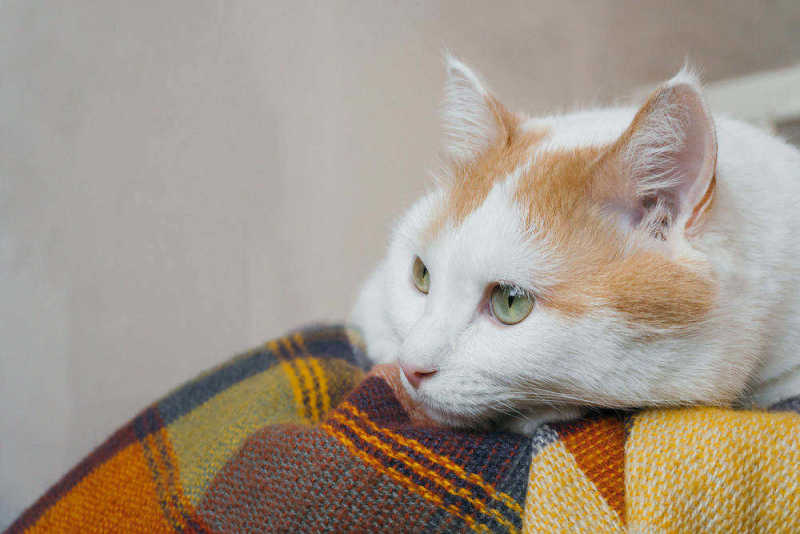
Giardia In Cats Small Door Veterinary
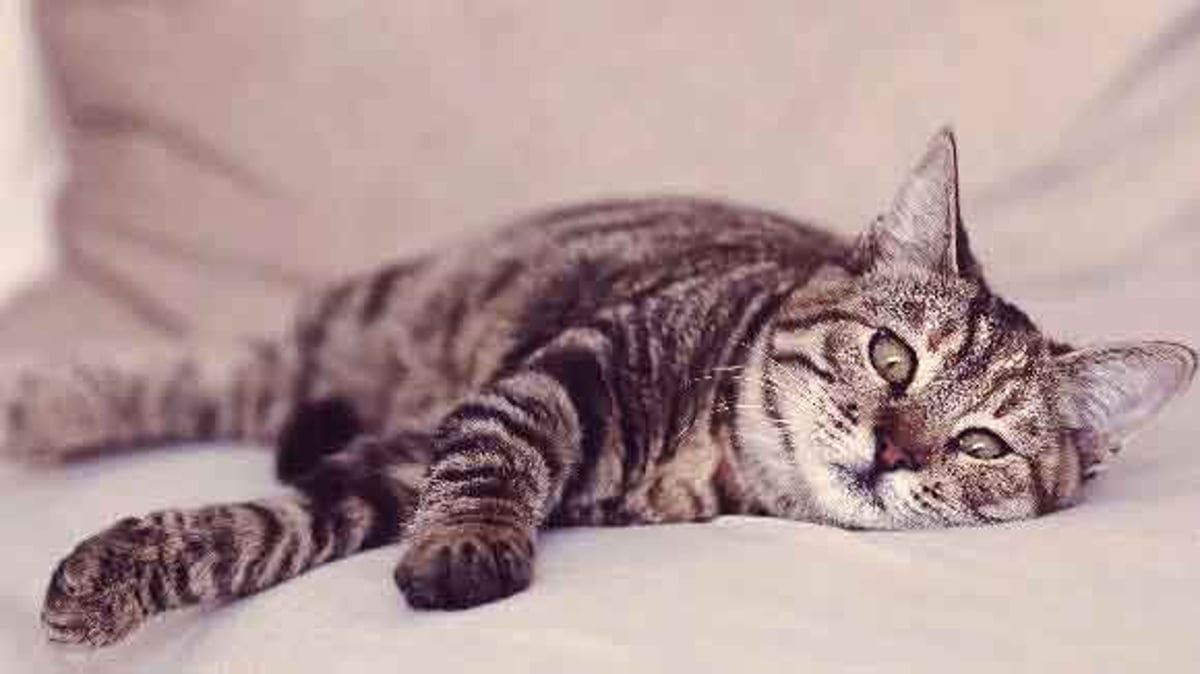
Everything You Need To Know About Coccidia In Cats Petcarerx
Coccidiosis In Dogs And Cats And Other Animals

Coccidia In Cats Small Door Veterinary

Internal And External Parasites In Cats Front Street Animal Hospital
/ginger-cat-relaxing-1142424184-4e02175d72634795b60258da0a521b5f.jpg)

